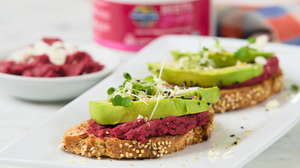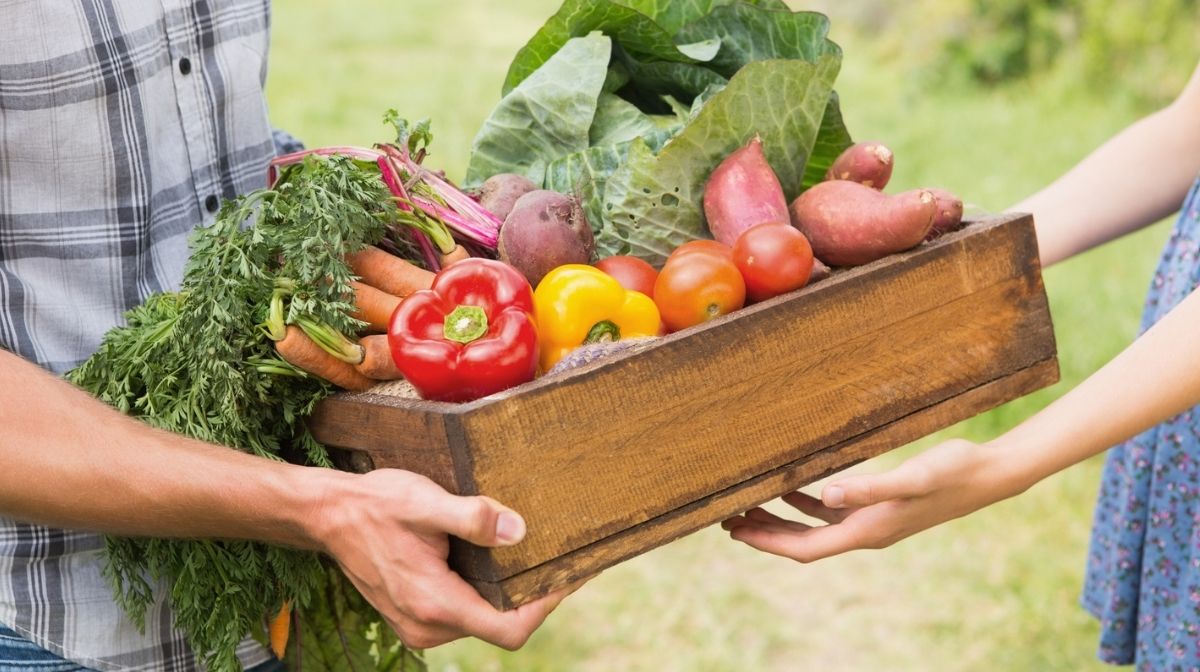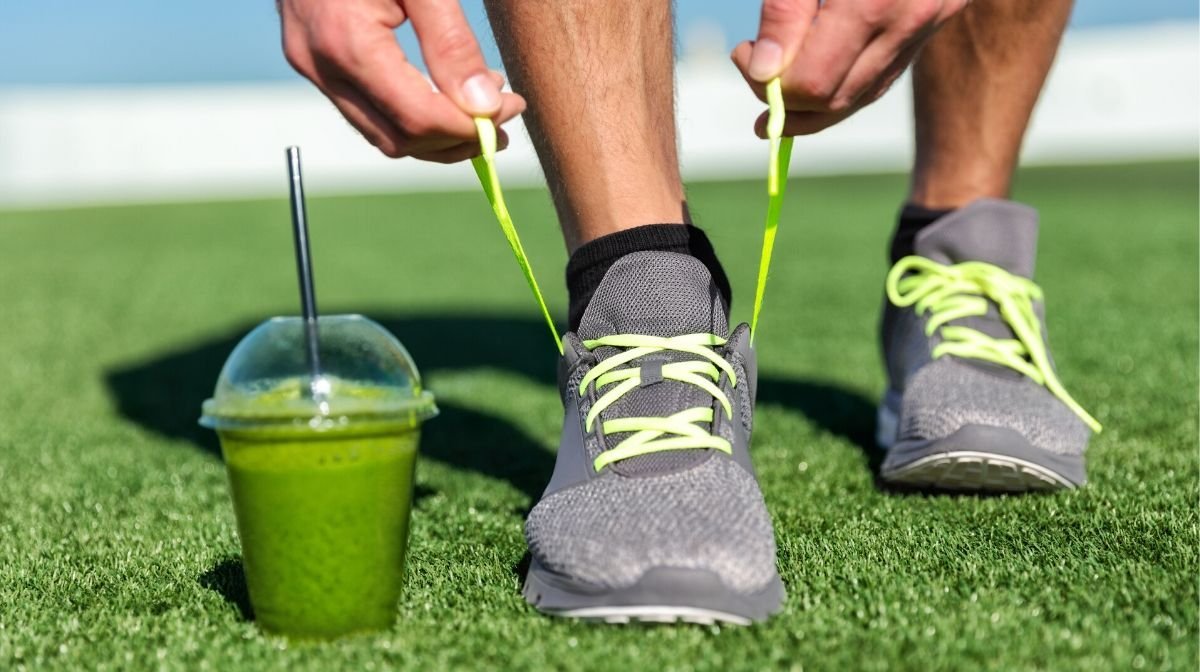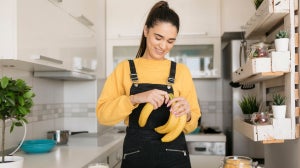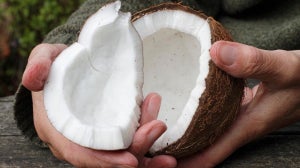We’re all guilty of throwing away food that’s past its best from time to time; many of us have the best of intentions when we buy fresh fruit and veg, but life gets busy and some ingredients end up unused and sadly destined for the bin.
However, food waste is a growing environmental concern, and there are steps we can all take to monitor how much food we’re letting go to waste, so we can do our bit to protect the planet for the future.
The Growing Problem of Food Waste
How much food do you let go to waste each week? Even if it’s only a handful, multiply that amount by everyone on your street, in your town and across the whole country, and you’re looking at an extremely large amount of needless food waste. Add businesses into the mix too, and the reality of food waste is huge.

Food waste often ends up in landfill, where it will start to decompose without access to oxygen. This can lead to the creation of methane, which can be harmful to the atmosphere.
What’s more, consider how much wasted energy went into the food you’re throwing away - think of the carbon footprint involved in producing it, transporting it and storing it, and the food waste problem soon adds up.
How to Reduce Food Waste
Here are a few steps you can take to be proactive and reduce your household’s food waste:
Plan Your Meals
Planning your meals for the week has many benefits; it allows you to be more organised, can help you to stay on track with a weight loss plan, and can also help you to reduce food waste.
Before going food shopping, check what you’ve got leftover in your fridge and cupboards from the previous week, then create a menu for the week around these ingredients.
Only buy what you need when you go shopping to help prevent unnecessary waste - and if you only want one carrot but end up with a bag of carrots instead, adapt your meal plan to suit. Think about what else you could do with those carrots, such as making carrot cake-inspired porridge with a touch of our Raw Organic Vanilla Chai Protein Powder.
Get Creative with Leftovers
If you find yourself with leftover fruit or veg that you’re simply not going to use before it goes bad, chop any leftover onions, capsicum, chillies and garlic cloves, and freeze them in individual portions, ready for adding to homemade pasta sauces, stir fries or curries in the future. You can also freeze grapes, bananas and all kinds of berries.
Making a fruit smoothie or a colourful smoothie bowl is another great way to use up a large amount of fruit in one go. Find inspiration for delicious protein fruit smoothies here:
Lettuce that’s nearing its best-before date can be griddled to add extra crunch to a sandwich or side dish, while tortilla wraps that are starting to go stale can be covered in paprika and grilled to make tasty homemade nachos.
If you have leftover egg yolks from making egg white omelettes or even meringues, turn them into fruit curd - and don’t just stop with lemon.
Learn to Preserve
Another great way to stop fruit and veg from being thrown away is to preserve it, as a jam, pickle or chutney. Preserves make lovely homemade gifts, and they can add a vibrant burst of flavour to an otherwise ordinary sandwich.
Jam is typically made by heating fruit with sugar until it eventually becomes sticky and sets. Meanwhile, chutney is made by heating fruit or veg (or both) with vinegar, sugar and spices - there are so many different combinations to experiment with.
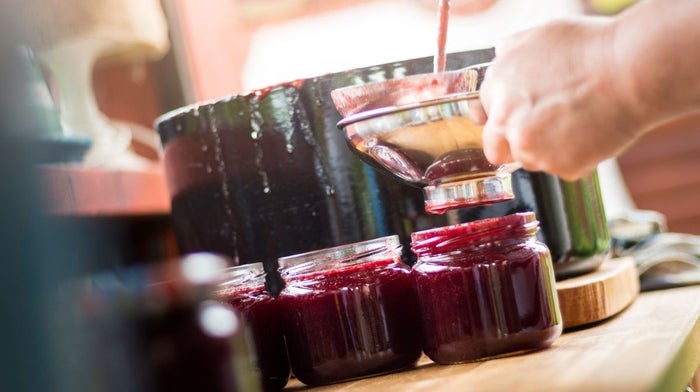
Pickles are usually made by placing herbs, spices or garlic into jars with as much sliced veg as you can fit in. Boil up vinegar, water, salt and sugar to create a brine, then pour over the veg and leave to cool before sealing the jar.
Start a Compost Heap
Creating a compost heap in your garden is another way to reduce the amount of unnecessary waste that comes from your kitchen, giving you a home for any vegetable peelings that would have otherwise ended up in landfill.
Compost bins work best in a shaded area. Layer yours with natural materials like wood chippings, dead leaves, grass clippings and vegetable waste from your kitchen. Make sure you turn your compost heap occasionally to move air and moisture around the pile - this will help to turn it into compost over time.
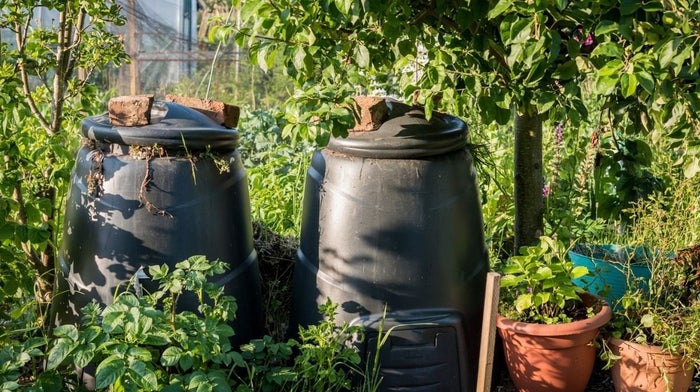
You’ll eventually be able to use your compost to feed your garden, creating a wonderfully wholesome circle of life.
Think About Where You Get Your Vitamins
If you buy fresh fruit and veg to help you to get the vitamins your body needs to stay healthy, this is great - but if lots of it ends up in the bin, you might want to rethink where you’re getting your vitamins from.
Frozen fruit and veg will stay fresh for longer, cutting down on needless waste in the long run.
Another option to make sure you’re still getting the nutrients you need is to try vitamin supplements. At Garden of Life, we have a range of vitamins made from whole food ingredients, meaning you’ll still be getting the benefits of real fruit and veg, but in capsule form. Every whole food ingredient can be traced right back to the seed or soil it came from, so you can be sure you’re only putting the good stuff into your body.
Related Articles
